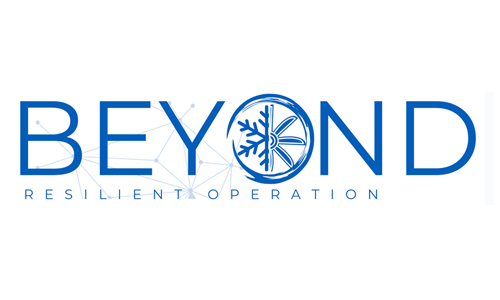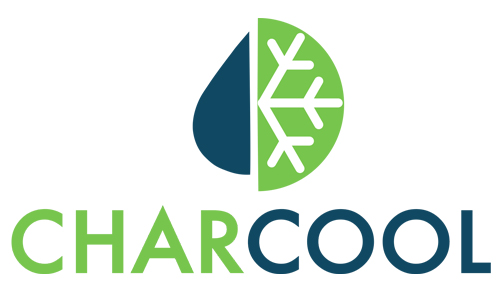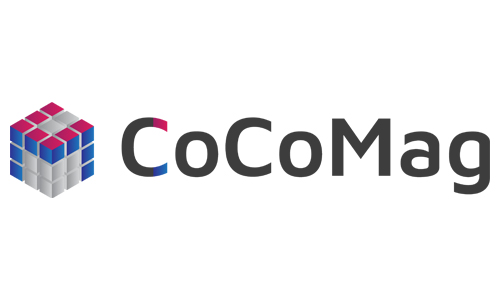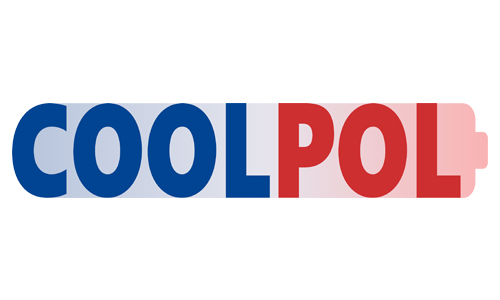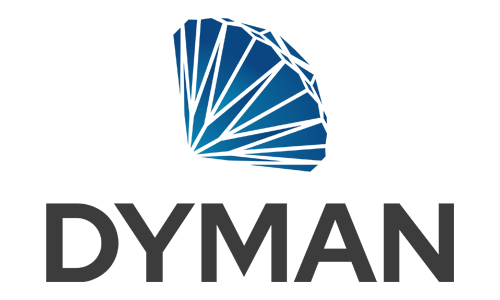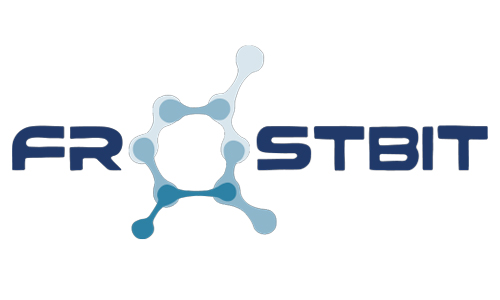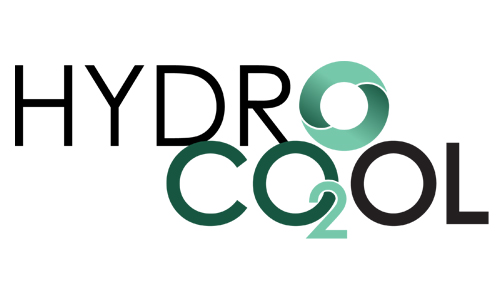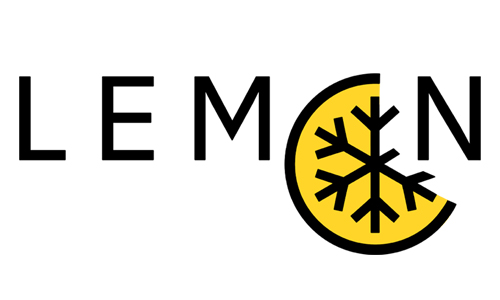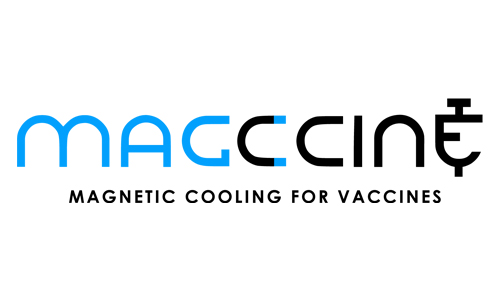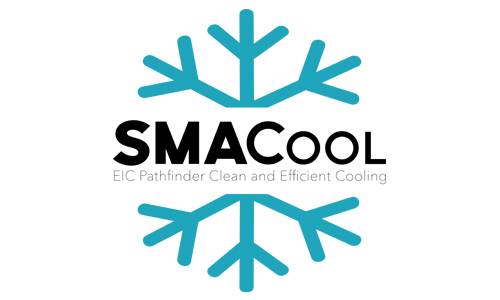LEMON
Large-scale magnetic cooling
The focus of the LEMON project is to develop a scalable, helium-3-free cryogenic cooling solution capable of reaching millikelvin temperatures. By pushing the limits of continuous Adiabatic Demagnetization Refrigeration (cADR), it will address the growing cooling demands in quantum technologies, particularly in quantum computing.
We will design and investigate a modular system that has the potential for large-scale refrigeration with high cooling capacities.
With our innovative approach, we want to eliminate the dependence on scarce helium-3 in cryogenic cooling.
LEMON is funded as part of an EIC Pathfinder Challenge. The project aligns with the goals of this challenge by providing a sustainable, energy-efficient solution, reducing environmental impact, and supporting the expanding field of quantum-based applications.
EIC Pathfinder Challenge
Clean and efficient cooling

With its Pathfinder scheme, the EIC supports bold ideas for radically new technologies. The 2023 call focused on cutting-edge research projects aimed at breakthroughs in five strategic areas.
One of these strategic goals is to advance scientific knowledge and technological development in novel, clean and efficient cooling solutions that fully underpin a ‘cold economy’ vision.
The deep-tech projects selected for funding focus not only on the most typical cooling applications, such as buildings, industry and food processing, but also on critical areas where research efforts are most needed. These include data centers, quantum computing, batteries for electric vehicles, and medical applications, which require refrigerated transport of vaccines.
LEMON Objectives
Demonstrating the large-scale cooling capabilities of cADR
We will build a cADR demonstrator that will generate considerably lower temperatures than reached before, while simultaneously achieving significantly higher cooling power. To achieve this, based on preliminary work successfully carried out by us, key cADR components will be newly developed, tested, combined, and optimized individually, as well as in their interaction.
The proposed novel approach to large-scale cryogenic cooling offers the technical foundation for systems with, in principle, arbitrarily high cooling capacities by connecting the same basic cooling unit multiple times.
This project will enable the large-scale, industrial use of cADR technology. It will meet the growing and diverse cooling requirements of quantum technologies, particularly quantum computing (QC). The high cooling powers required for QC, ranging from several hundred µW to tens of mW, will be made available by means of magnetic cooling for the first time.
Insights into implementation and scaling
As a result of building and testing the demonstrator, the project will provide valuable insights into the implementation and scaling of the novel refrigeration concept. These findings will facilitate the replication of elementary cooling units, enabling future systems with even higher cooling power. Additionally, new scientific knowledge will be gained about a previously little-explored cooling process.
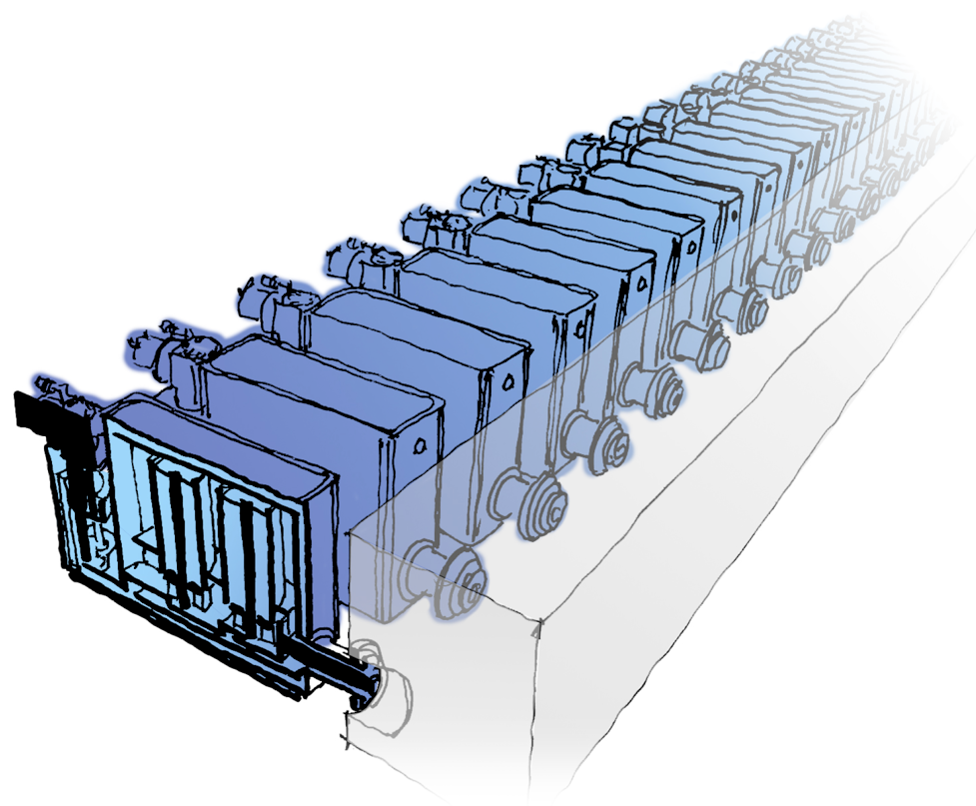
LEMON Impact
Paving the way for sustainable quantum cryogenics
With this project we will show how significant capital and operating cost savings can be made for cryogenic cooling in quantum technologies. This will pave the way for a new quantum industry that will require extensive use of low temperatures for applications in quantum computing, quantum communications and quantum sensing. Successful implementation will address reliance on helium-3 for ultra-low temperature cooling – a critical resource challenge in the emerging quantum industries. Helium-3 is currently sourced from only a few North American and Russian suppliers.
It is one of the most poorly available resources for applied quantum technologies in Europe and has not been replaceable to date. Establishing a cooling method independent of helium-3 therefore promises supply independence, technological sovereignty, and a sustainable competitive advantage for the future application of quantum-enhanced high-performance computing. Finally, as part of the hardware and control software development of LEMON, the cooling system’s energy consumption will be lowered. This, in turn, will significantly reduce the greenhouse gas footprint in quantum cryogenics.
Project updates
February 2026
Reaching lower base temperatures
Over the past months, we have made measurable progress toward the goal of scalable, helium-3-free magnetic cooling within the LEMON project. A key indicator of this development is the steadily decreasing base temperature achieved in our cryogenic test system.
The figure shown here summarizes this development over time. It starts with results obtained during the preceding SPROUT activities, which established the initial performance baseline. Building on this foundation, successive measurement campaigns within LEMON demonstrate a clear trend toward lower base temperatures as core components are systematically improved and validated.
These results directly reflect advances in Work Package 1 (Technology Validation). Improvements in critical subsystems – including refrigerant packages, thermal interfaces, and thermal switches – are now translating into measurable system-level performance gains. Achieving lower temperatures confirms that the chosen development path is effective and that key risks are being successfully reduced.
In parallel, Work Package 2 (System Design) is advancing, using the validated component data from WP1 to shape the architecture of the full LEMON demonstrator. Together, these developments mark an important step toward large-scale, continuous magnetic cooling for future quantum technologies.
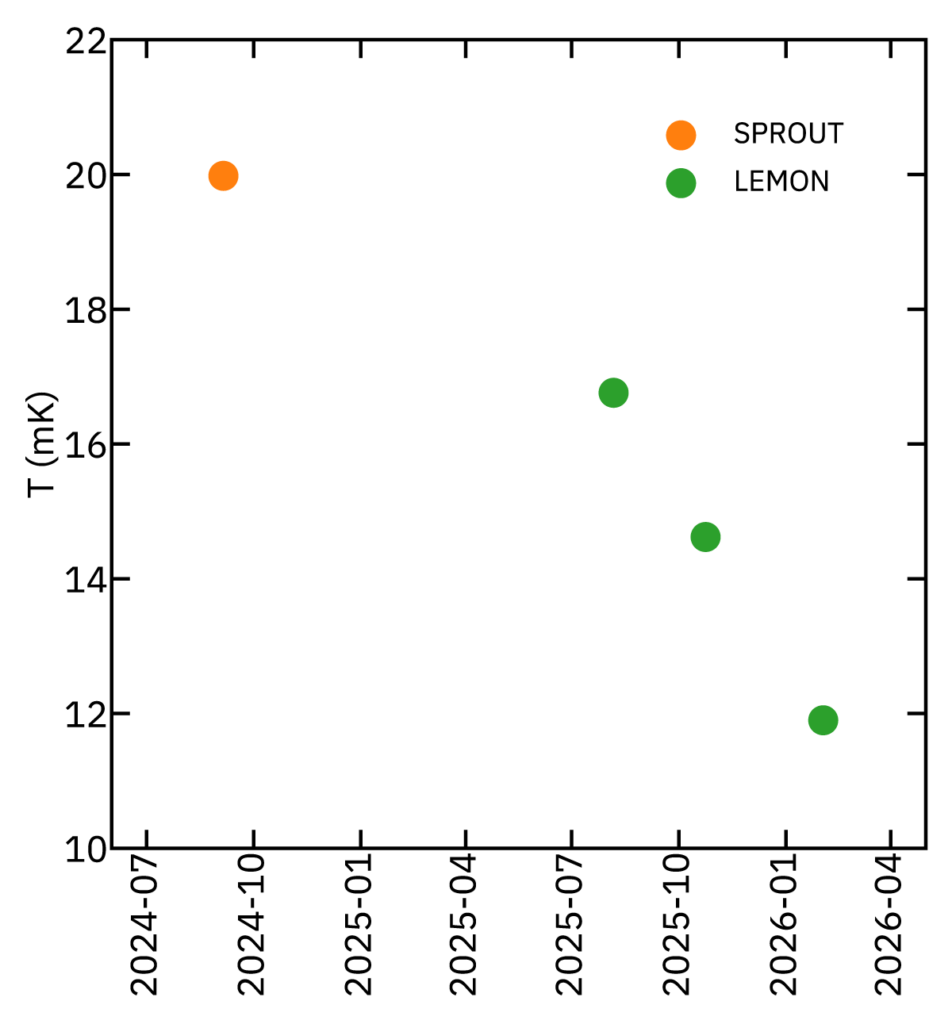
Figure caption:
Base temperature of adiabatic demagnetization refrigeration (ADR) achieved in the SPROUT project (orange) and during recent measurement campaigns in LEMON (green). Improvements reflect ongoing development of key ADR components.
November 2025
Clean and Efficient Cooling Portfolio meeting
On the November 19, at the EIC Clean and Efficient Cooling Portfolio meeting, our Sustainability Manager, Harris Mubeen, conducted a workshop on Life Cycle Assessment (LCA). The workshop introduced participants to the fundamental concepts and methodology of LCA, providing a solid foundation for practical application.
The session also included a hands-on exercise, during which portfolio companies developed functional units tailored to their cooling products and technologies, effectively kickstarting their LCA journey.
In addition, an LCA Guide was developed and distributed to the portfolio companies to provide structured support for their ongoing assessments. The workshop created a collaborative environment to explore environmental impacts, exchange best practices, and identify opportunities for more eco-efficient and sustainable cooling solutions.
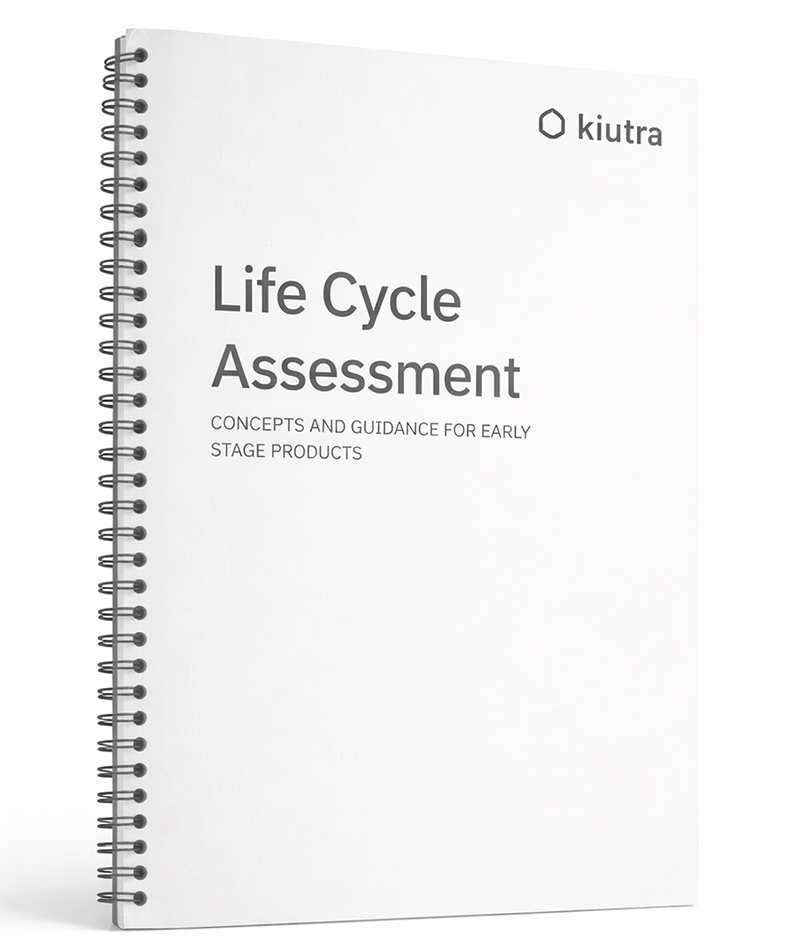
October 2025
Modeling next-generation millikelvin cooling
At the CoolMag conference in Košice, Slovakia, our Cryogenic Engineer Peter Schüßler presented kiutras latest advances on ‘Modeling and scaling of ADR systems for next-generation millikelvin cooling.’
He shared preliminary measurements and outlined the strategy behind the LEMON project, which focuses on developing a scalable, helium-3-free cryogenic cooling solution capable of reaching millikelvin temperatures.
May 2025
Project workshop
The LEMON project has made significant progress over the past months, advancing in line with the planned project timeline. Particular focus has been placed on Work Package 1, development of the core components. A full-day workshop was held on May 29 to review and reflect the project’s first half-year, providing an opportunity to discuss all major topics worked on so far. The session fostered productive exchanges, ensured alignment across the entire team, and helped establish clear tasks and priorities for the next phase. The workshop also played a key role in bringing all contributors up to speed, strengthening overall coordination and cohesion within the project.
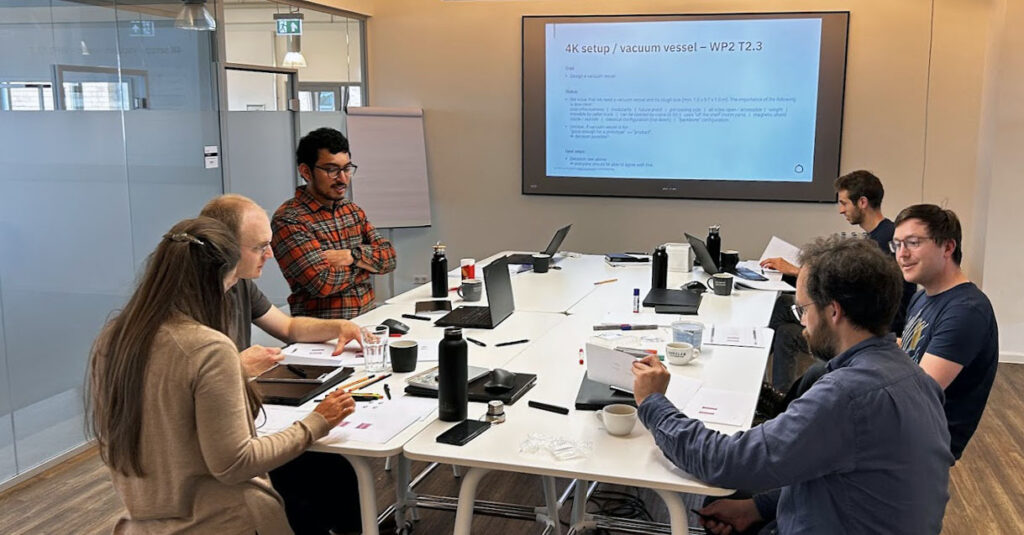
March 2025
Showcasing LEMON in the US
Steffen Säubert, our Senior Product Manager, delivered a talk on LEMON’s capabilities, at the APS Global Physics Summit in Anaheim, California on Friday 21 March.
Talk summary: Large-scale magnetic cooling for quantum computing
As quantum computing advances towards large-scale deployment, achieving ultra-low temperatures efficiently and reliably has become paramount. A promising solution is to scale adiabatic demagnetization refrigeration (ADR), a technique capable of reaching millikelvin temperatures without requiring cryogenic liquids, most notably a technology independent of helium-3.
We present a significant milestone, achieving sub-30mK temperatures continuously with ADR for the first time, paving the way for future quantum computing platforms.
Our primary objective is to enhance critical ADR components, including mechanical and superconducting (SC) heat switches, magnet and cooling media design as well as the exploration of novel refrigerants. These components are essential to improve cooling performance, both in temperature and cooling power, and ensure scalability.
This presentation covers ongoing research and innovative approaches across these domains, drawing on materials science, thermal management, and SC technology to advance ADR systems. By refining these fundamental technologies, ADR offers a scalable solution, positioning magnetic cooling as a vital platform for the next generation of quantum computing.
February 2025
Project update
A few months into the LEMON project, we are making big steps towards large-scale magnetic cooling. Within work package 1, our team is working on new designs to significantly increase the size (and thus the cooling capacity) of our refrigerant package and to improve the thermal conductivity performance of the mechanical heat switches. To this end, our testing cryostat, which will allow for rapid prototyping, is almost finished and will help us validate our theoretical calculations with experimental data. We have also started working on the overall system architecture, e.g. to also accommodate the new design for large ADR magnets.
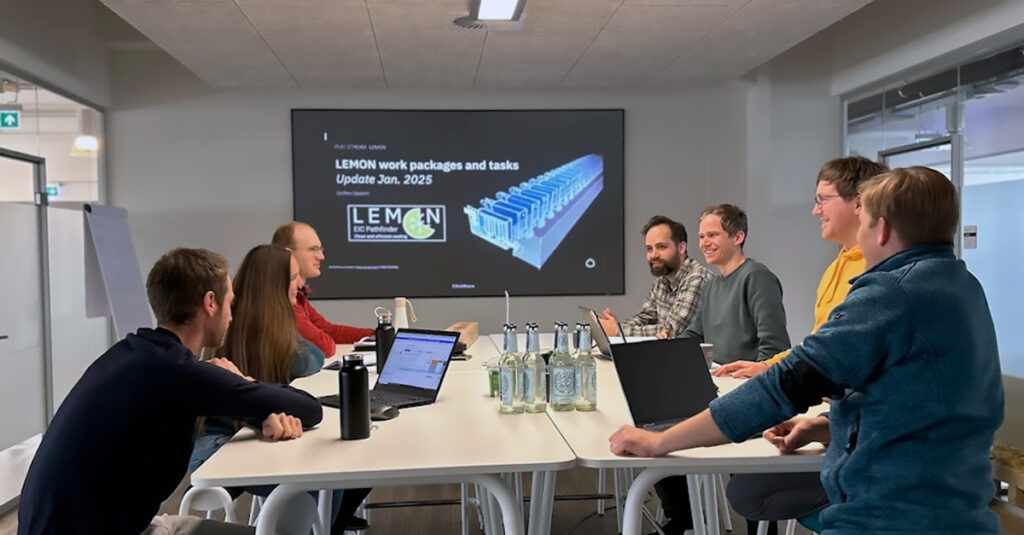
October 2024
Presentation at scesamm2024 workshop
It was a great pleasure to host this year’s scesamm workshop on strongly correlated electron systems as advanced magnetocaloric materials at kiutra. The event gave us a unique opportunity to introduce the LEMON project to the magnetocaloric research community. Magnetic cooling at cryogenic temperatures is becoming increasingly important for a variety of applications in fundamental science, quantum and industrial technologies. Its performance and adoption can benefit from novel materials with improved properties, such as cooling performance, security of supply, sustainability and manufacturability. It was inspiring to meet some of the experts in this field and to hear their presentations on the theory, synthesis, experimental investigation and application of novel materials for magnetocaloric cooling.
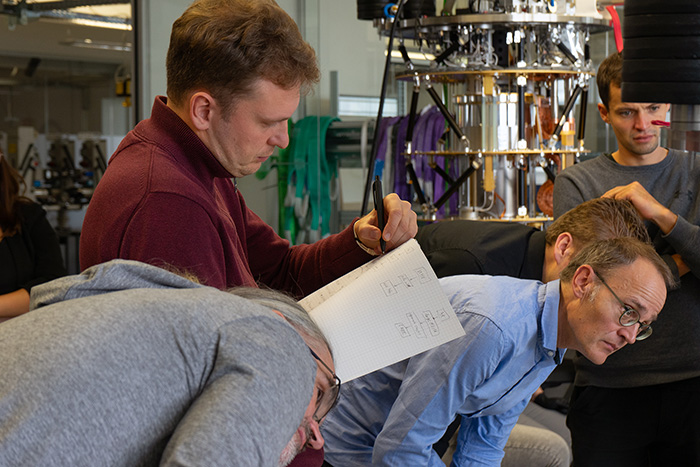
September 2024
Portfolio kick-off meeting
Our CEO, Alexander Regnat, attended the kick-off meeting of the EIC Pathfinder portfolio for clean and efficient cooling in Brussels. He was joined by CTO Jan Spallek and Senior Product Manager Steffen Säubert. During the meeting, they met with teams from other portfolio companies working on innovative cooling technologies. They learned about these projects and explored opportunities for collaboration. The team was warmly welcomed to Brussels by their portfolio project officers, experts and program managers.
Project announcement
kiutra pioneers large-scale, helium-3-free cryogenic cooling with LEMON project
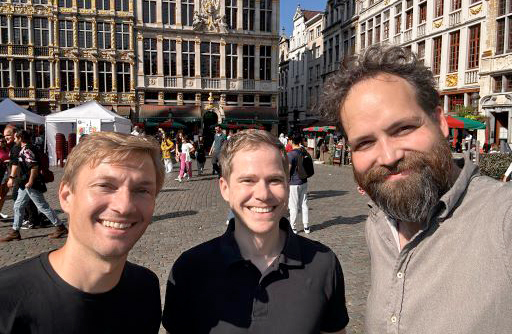
Project information

Funded by the European Union. Views and opinions expressed are however those of the author(s) only and do not necessarily reflect those of the European Union or the European Innovation Council. Neither the European Union nor the granting authority can be held responsible for them.
LEMON
Grant agreement ID: 101161522
EC signature date
13 June 2024
Start date
1 September 2024
End date
31 August 2027
Funded under
The European Innovation Council (EIC)
Total cost
€ 3 968 750,00
EU contribution
€ 3 968 750,00
Coordinated by
kiutra GmbH
Germany
Clean and efficient cooling portfolio
